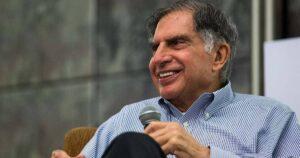It has been months since the CAA-NRC debate started in the country, leading to nation-wide protests that are still being held at different places across the nation.
The legitimacy of the arguments in favour of the law is questionable and this explainer by Lawyer and writer Abhinav Chandrachud shows why.
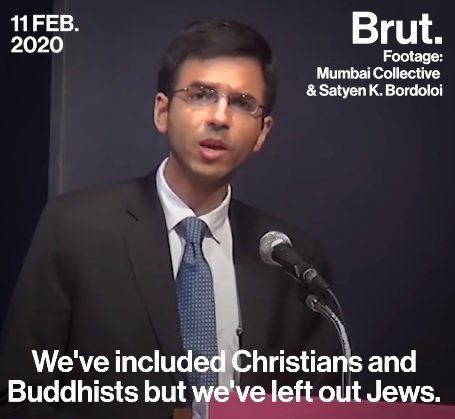
Throwing light on historical perspective of the citizenship law in the country, he begins with its origin in 1948 and here are some excerpts from the video.
After India’s partition in 1947, a wave of people from West Pakistan (present day Pakistan), came to the country.
This was the first wave.

In the second wave in 1948, a lot of Muslims decided to come back, most of whom were Indian citizens before.
That, however, created a problem because the property of these people (addressed as evacuees), was allotted to Hindus and Sikhs, who had entered the country before.
To evacuate them and give the property back to its rightful owners would have been a controversial decisions with the chances of riots being very high.
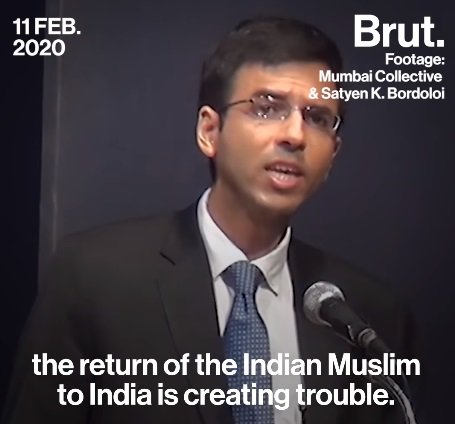
This is when it was decided that a ‘permit system’ will be introduced, which basically meant that permission of permanent residency to these Muslims could be vetoed by the provincial government of the place where they had their property. As mentioned above, it was because this property now belonged to Hindus and Sikhs.
Chandrachud quoted Pandit Nehru:
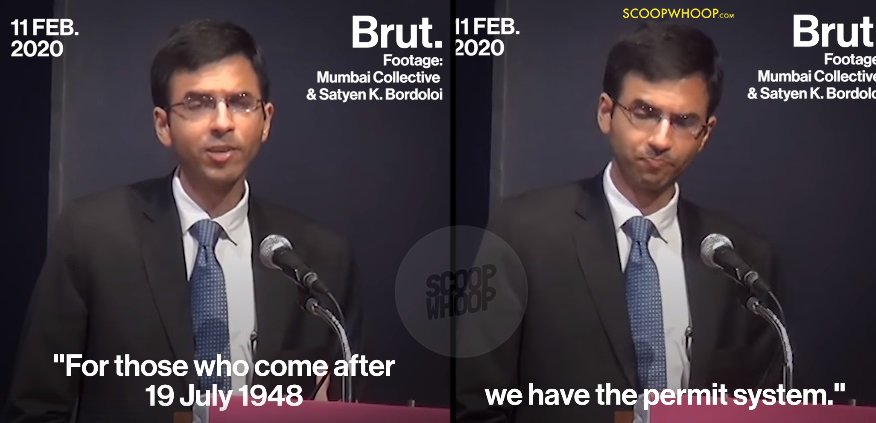
Ultimately, only 2000 out of 22,000 Muslims got the permit because the government was very strict with granting them. That, Chandrachud said, throws a lot of light on the unsecularity of the law. Because even though the constitution didn’t use the words ‘Hindu, Muslim and Sikh’ it was clear who it was biased towards.
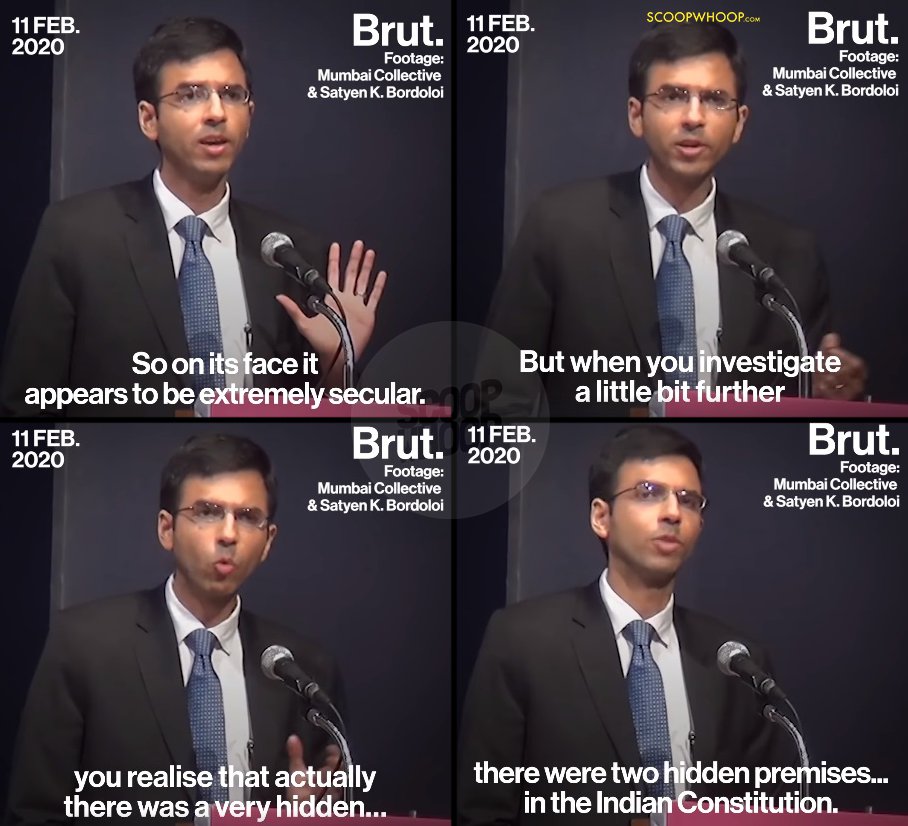
He also explained how this permit was only applicable to people coming in from West Pakistan and not East (present day Bangladesh), because 16 million Hindu stayed in the region, and it would have been tough for them to come back if they were wanting to.
Coming to implications of the amendments to the citizenship law, Chandrachud noted how it is selective and biased by giving examples of people who were not mentioned anywhere. These include Jews, Parsis, atheists, to name a few.
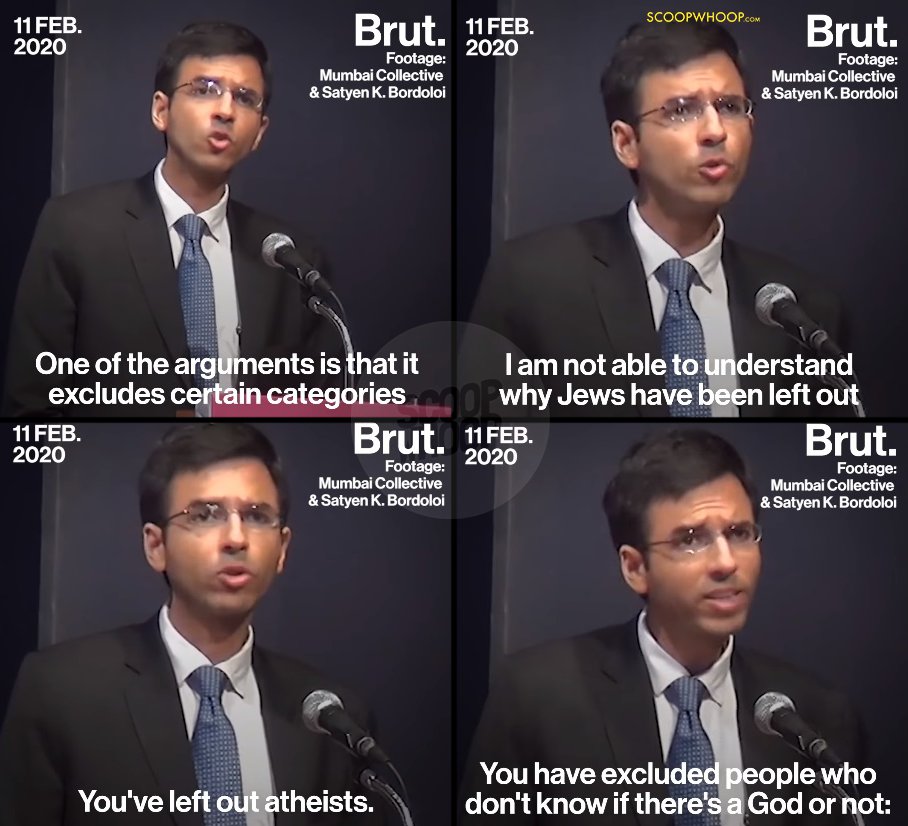
Another problem with the law being, that a person has to prove that their parents were also citizens of the country.
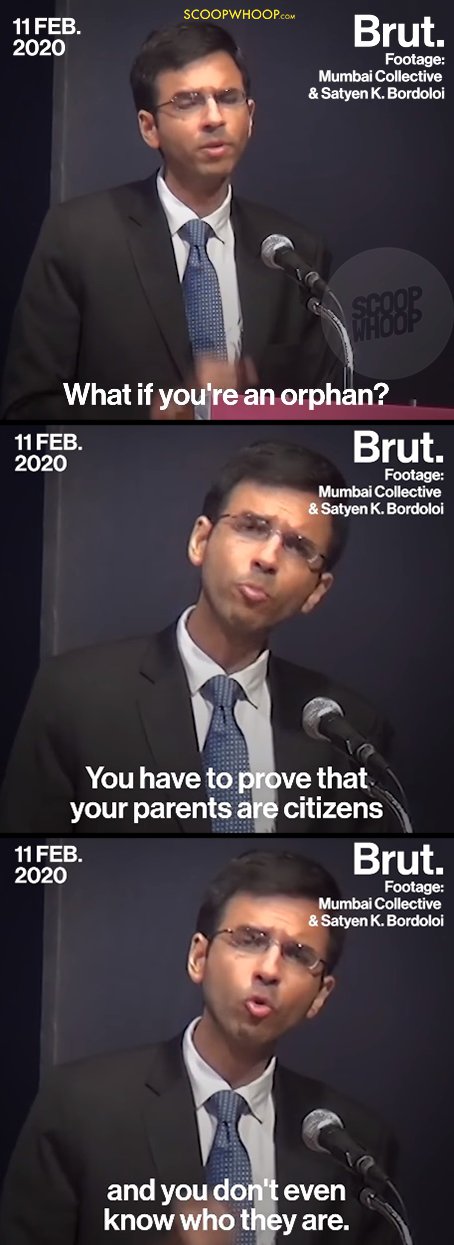
There are a lot of other points Chandrachud touches upon, and you can listen to them all in this informative video here:







